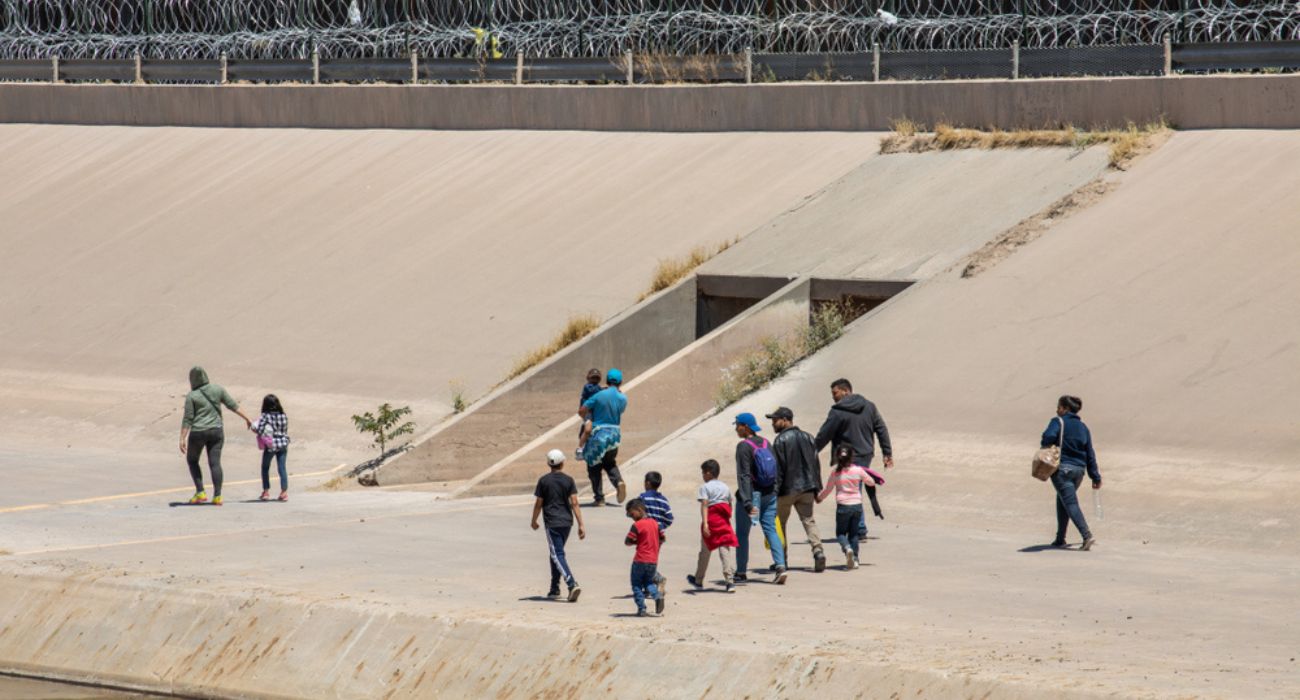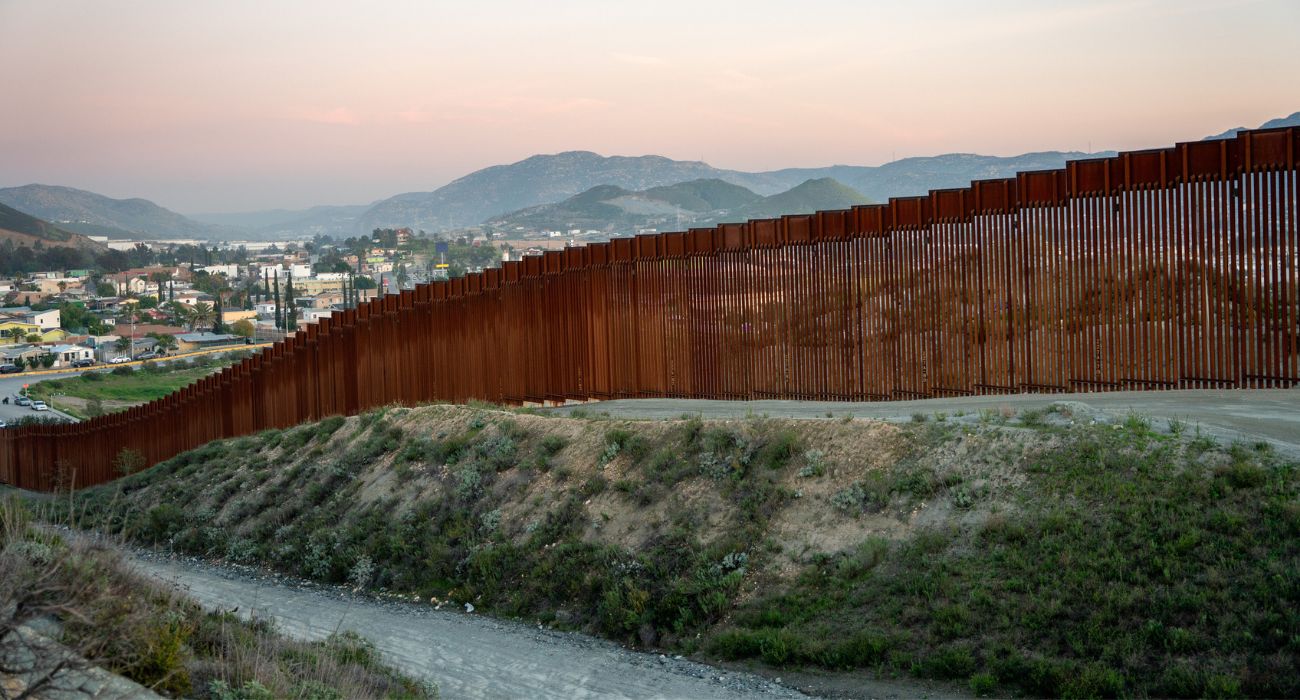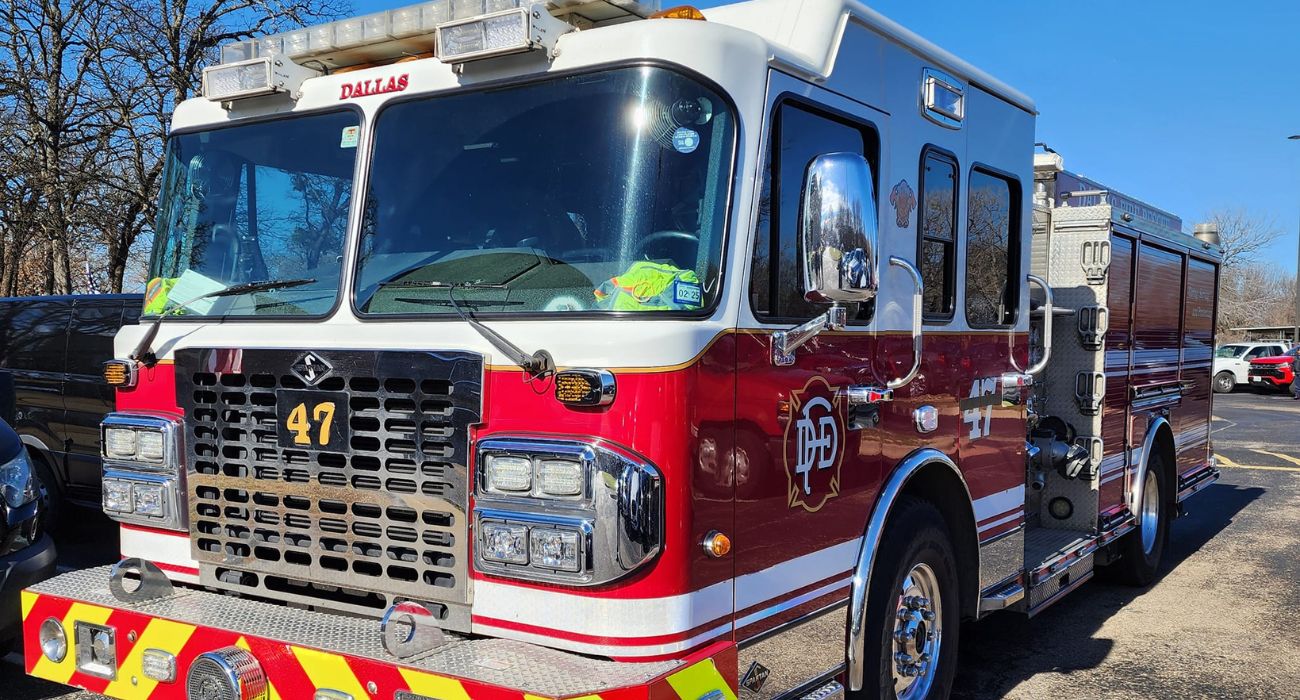Since the Biden Administration took office, there have been more than 3.6 million reported apprehension and over 900,000 known gotaways which have crossed over the Southwestern U.S. border, according to U.S. Customs and Border Protection.
The refusal of the Biden Administration and Department of Homeland Security Secretary Alejandro Mayorkas to enforce strong border security policies continues to incentivize mass illegal migration. The quiet reality is that such failed policies also encourage the exploitation of human beings by promising greener pastures in the U.S. Many of the incentivized migrants do not truly measure the imminent risk of human trafficking.
Over the past two years, migrants traveling illegally into the U.S. have described the often-treacherous journey to the banks of the Rio Grande River. During a recent trip to the Rio Grande Valley Sector, while interviewing dozens of illegal migrants, including several unaccompanied minors, many described an aberrant part of their journey; being forced to stay inside a bodega. Traditionally, a bodega is often used to describe a store, or a warehouse mainly found in Hispanic countries and American Latino communities.
However, these bodegas detailed by the migrants are not pleasant shopping experiences. Anthony Aguero, an independent journalist with Border Network News, has interviewed thousands of illegal aliens with similar testimonies over the last two years. The details of being placed in overcrowded small warehouse facilities with no access to food or water and having cell phones and personal belongings taken away are commonly described by those forced to stay in the warehouses. Many of those coerced into staying in the bodegas, recount stories of rape and child snatching that occurred within the cartel-run walls.
Another common factor amongst many of the migrants who are placed in these bodegas is the lack of documentation from Mexico’s National Institute of Migration, or INM, possibly suggesting human trafficking is occurring.
Those who travel in large groups or caravans tend to wait for documentation which allows the migrants to legally travel through Mexican States. This usually makes the trip less dangerous to make it to the Rio Grande River and cross illegally into the United States.
The migrants who do not have INM humanitarian visas and cross illegally into the U.S. seem to be far more likely to have encountered being forced to stay in bodegas. In one encounter last year in Roma, TX, the group also collectively detailed how they were forced into the back of tractor-trailers during the route and incentivized by social media posts. When asked, many of the illegal aliens say they would not have taken the journey if they had known what they would have endured and warn fellow migrants to not risk the travel.
Despite illegal aliens crossing in various locations from Texas to Arizona reporting their stays in these warehouses, little has been picked up by mainstream media outlets. For example, there has been nominal U.S. media attention on a recent bust of a Mexico City warehouse this past July packed with migrants. Bringing more attention to the depraved situations would force the realization of the barbarism associated with failed border policies.






